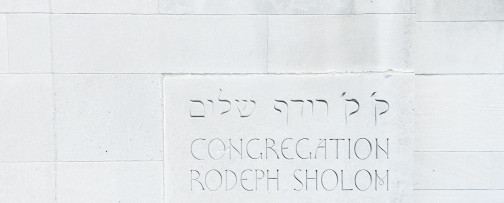When a loved one passes away, the emotional toll can be overwhelming. Amidst the grief, there are numerous decisions to be made, one of which is choosing and working with a funeral director. This professional can provide much-needed guidance during a difficult time, helping to arrange a fitting farewell for your loved one. This article will guide you through the process of choosing a funeral director and working with them effectively.
Understanding the Role of a Funeral Director
A funeral director is a professional who provides services related to the death of a person. These services can include preparing the body, arranging the funeral service, and handling paperwork. Understanding their role can help you make an informed decision when choosing a funeral director.
Funeral directors are responsible for the care and preparation of the deceased. This includes embalming, dressing, and casketing the body. They also coordinate with the cemetery or crematorium to ensure the final disposition of the body is handled smoothly.
The Funeral Service
Funeral directors also play a crucial role in planning and coordinating the funeral service. They can help you choose the type of service that best honors your loved one, whether it's a traditional funeral, a memorial service, or a celebration of life. They can also assist with details such as music, readings, and eulogies.
Additionally, funeral directors can provide support in creating a meaningful and personalized service. They can suggest ways to incorporate personal touches that reflect the life and personality of the deceased, making the service a unique tribute.
Handling Paperwork
Another important aspect of a funeral director's job is handling paperwork. This can include obtaining the death certificate, filing for permits, and coordinating with insurance companies. Their expertise in this area can alleviate some of the stress during this challenging time.
Funeral directors can also provide resources and information on grief support and counseling services. Their role extends beyond the funeral service, offering support and guidance as you navigate the grieving process.
Selecting a Funeral Director
Choosing a funeral director is a personal decision that should be made with care. There are several factors to consider when making this choice.
Firstly, consider the services offered by the funeral director. Do they provide the specific services you require? This could include traditional funerals, cremation services, or green burials. Make sure the funeral director you choose can cater to your needs.
Reputation and Experience
Reputation and experience are also important factors. You can ask for recommendations from friends or family, or read online reviews. Look for a funeral director with a good reputation and a track record of providing compassionate and professional service.
Experience is another key consideration. A funeral director with many years of experience will have a wealth of knowledge and expertise to draw upon, which can be invaluable during this difficult time.
Cost and Transparency
Cost is a significant factor when choosing a funeral director. It's important to find a funeral director who is transparent about their fees and can provide a detailed breakdown of costs. This can help you avoid any unexpected expenses and ensure you stay within your budget.
Remember, the most expensive funeral director is not necessarily the best. It's about finding a funeral director who offers the services you need at a price you can afford, and who treats you with compassion and respect.
Working with a Funeral Director
Once you've chosen a funeral director, the next step is to work with them to plan the funeral service. This involves communication and collaboration to ensure the service is a fitting tribute to your loved one.
It's important to be open and honest with your funeral director about your wishes and expectations. They are there to guide and support you, but ultimately, the decisions are yours. Don't be afraid to ask questions or seek clarification if you're unsure about anything.
Planning the Service
When planning the service, consider what your loved one would have wanted. This could include their favorite music, readings, or personal touches that reflect their life and personality. Your funeral director can provide suggestions and guidance to help you create a meaningful and personalized service.
Remember, there's no right or wrong way to honor your loved one. The most important thing is that the service feels right for you and your family.
After the Service
After the service, your relationship with the funeral director doesn't necessarily end. They can continue to provide support and resources as you navigate the grieving process. This can include grief counseling, support groups, or memorial events.
Working with a funeral director can provide much-needed support during a difficult time. By understanding their role, choosing carefully, and working collaboratively, you can ensure your loved one receives a fitting farewell.
Recommended Products
- Funeral Guest Book & Memory Card Set — Elegant guest book with matching memory cards for funeral and memorial services.
- COLIBROX Cremation Funnel Kit — Stainless steel funnel kit designed for carefully transferring ashes into urn jewelry and keepsakes.
- Mini Heart Urn — A small keepsake urn shaped like a heart for a portion of ashes


-banner.png)





